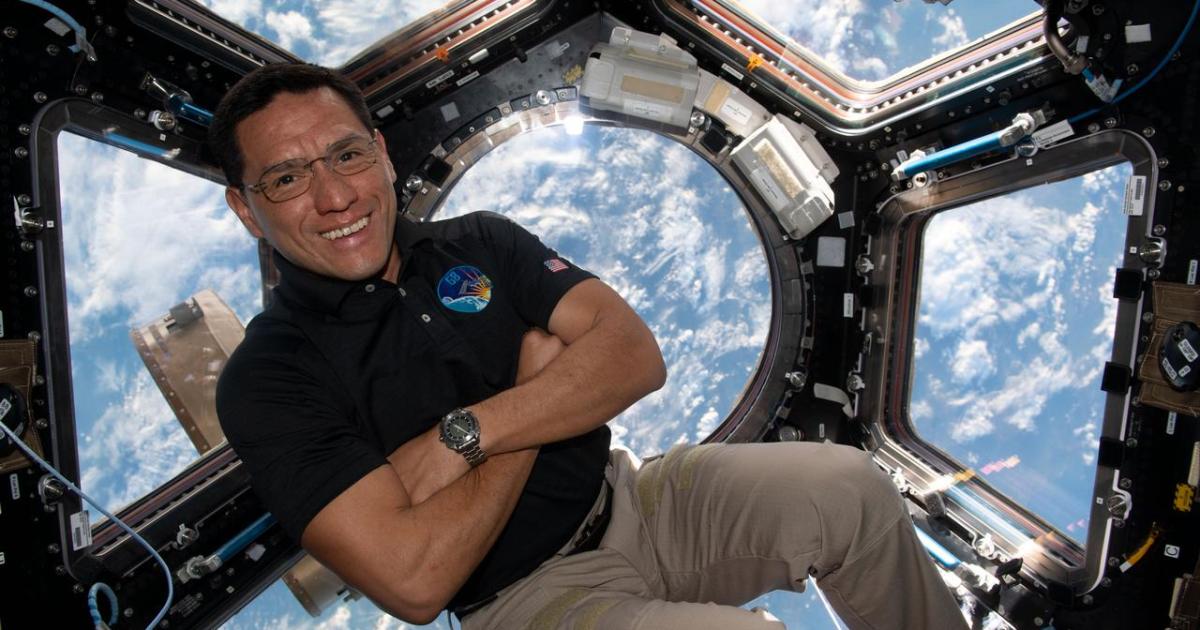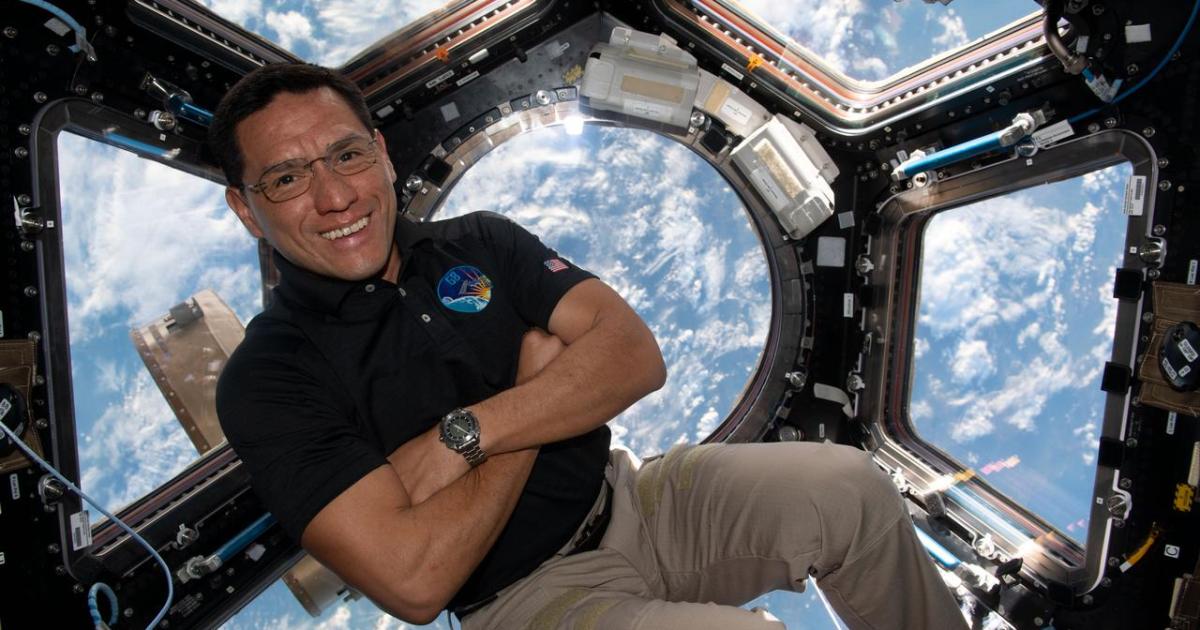
With just a couple more weeks of his record-breaking space mission remaining, astronaut Frank Rubio got to chat with NASA chief Bill Nelson and his deputy, Pam Melroy on Wednesday.
Earlier this week, Rubio set a record for the longest stay in space by a NASA astronaut when his mission aboard the International Space Station reached 355 days. When he departs later this month, his stay will have extended to 371 days.
Speaking to his NASA superiors via a live video link, Rubio described the mission as “an incredible challenge,” adding: “But in other ways it’s been an incredible blessing and so I count myself lucky and honored to be able to represent the agency and our country.”
The challenge comes from the fact that the mission was originally supposed to last for six months, but a coolant leak in December aboard the docked Soyuz spacecraft that transported him and two Russian cosmonauts to orbit put the capsule out of action. The Russian space agency, Roscosmos, sent a replacement spacecraft but at the same time decided to reschedule the return of Rubio and his two colleagues, giving the trio an extra six months in orbit.
When asked by Melroy if his family and two young adult kids had been OK with that decision, Rubio said the support of friends, wider family, and community got them all through it.
Speaking of his family, Rubio said: “I’m sure they missed me, but at the same time we all took on the challenge together and it was just really neat to see them have a great attitude throughout the past year.”
Nelson noted that when he and Melroy were astronauts decades ago, communications with family and friends back on terra firma were severely restricted, though it wasn’t too bad as their missions only lasted a week or so.
Rubio said that a few months into his stay he set up a videoconferencing capability that allowed him to take part in group calls with his family at least a couple of times a week.
“It just helps you to stay so connected; to obviously talk to them, but then to see them, it was really pretty special to be able to do that,” Rubio commented.
Staying in touch with loved ones back on Earth is an important part of remaining psychologically sound for astronauts living in such an isolated and alien environment. Indeed, the trio’s unusually long stay in space — most missions usually last six months — will give researchers extra data about the effect of long-duration stays on the human mind and body as NASA and its partners make ambitious plans for lengthy crewed missions to the moon and even Mars.
During his chat with Nelson and Melroy, Rubio also shared information about some of the science experiments he’s been working on over the past 12 months. You can watch the full exchange by hitting play on the video embedded at the top of this page.
Editors’ Recommendations
Services Marketplace – Listings, Bookings & Reviews
